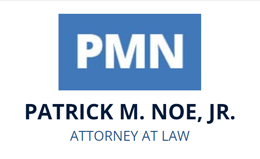Unpaid child support and property liens
Child support is a critical financial obligation that parents have towards their children. It helps ensure that children have the financial support they need to thrive and grow.
When a parent fails to pay child support, it can have serious consequences. For example, it can result in the possibility of property liens on their assets.
What is a property lien?
A property lien is a legal claim against a property that serves as collateral for a debt. In the case of unpaid child support, the state can place a lien on the delinquent parent’s property as a way to secure the owed child support payments. This means that if the parent fails to pay the child support they owe, the custodial parent or the government can take legal action to enforce the lien and collect the overdue payments.
Property liens are a powerful tool for collecting unpaid child support because they can affect the delinquent parent’s ability to sell or transfer their property. For example, if a parent tries to sell their home with a lien on it, the proceeds from the sale may go to the owed child support before the parent receives any money.
When does the state place liens?
It is important to note that property liens are typically a last resort for collecting unpaid child support. However, the Department of Child Support Services states that if a parent falls four months behind on child support payments, they could face a lien on their personal or real property. It is also worth mentioning that property liens can have long-term consequences for the delinquent parent. Having a lien on their property can affect their credit score and make it more difficult for them to secure loans or financing in the future. Additionally, the process of removing a lien from a property can be time-consuming and costly.
By addressing unpaid child support promptly, you can avoid the negative consequences of property liens and ensure that your child receives the support they need.

